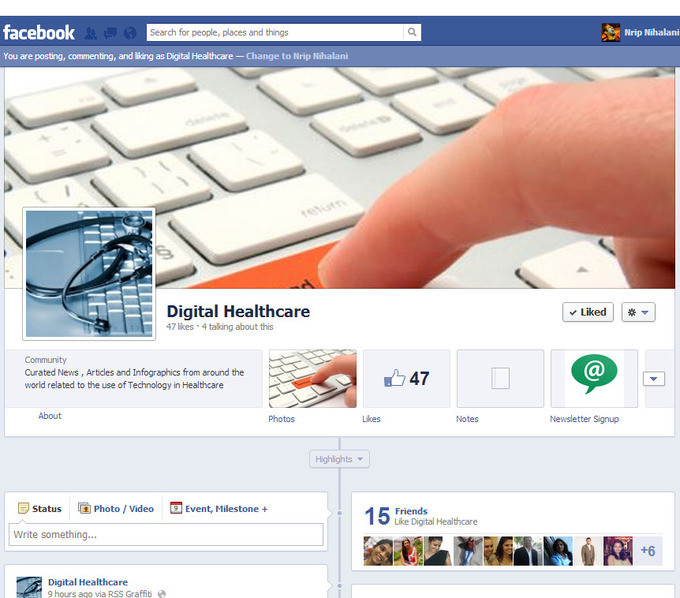
Since the arrival of social media interventions for health-related purposes, it has become clear that not all these interventions are actually successful. Although no studies exist that have investigated this problem for social media, eHealth literature, which overlaps with social media because both involve technology, could provide some insight into this problem.
It is known that interventions are often not successful and/or the attrition rates may be high.
Several explanations for unsuccessful use have been described:
(1) technology features (eg, imperfections of the technology),
(2) inadequate reimbursement or legislation issues,
(3) poor coordination and introduction of tools, and
(4) personal characteristics of the intended use.
Personal characteristics seem to be particularly relevant because they concern the end-users of the tool. Examples of such characteristics, which are known to significantly influence use, are negative attitude toward technology, the extent to which a person feels he has the skills and expertise to be a competent caregiver, and age.
Therefore, determining the preferences or needs of potential users of tools is an important step in implementation. Although studies have assessed patients’ preferences regarding the Internet in health care (eg, the preferred language on websites, the preferences of a Web-based intervention, preferences regarding social media and asthma patients, or the needs of elderly patients regarding eHealth ), less is known about the preferences or needs of consumers or the general public, especially regarding social media.
A survey showed that 32% of all respondents (US adults) had used social media for health care purposes at one time or another. Further insights, however, are lacking.
Questions that arise in this context are:
Where do people obtain online health-related information?
Where do they connect with peers?
Are they willing to ask their doctor questions using a webcam?
And are there differences between different groups of the population (eg, by gender, age, or education)?
by Shane Turner via NursingFacultyJobs.com
No comments:
Post a Comment